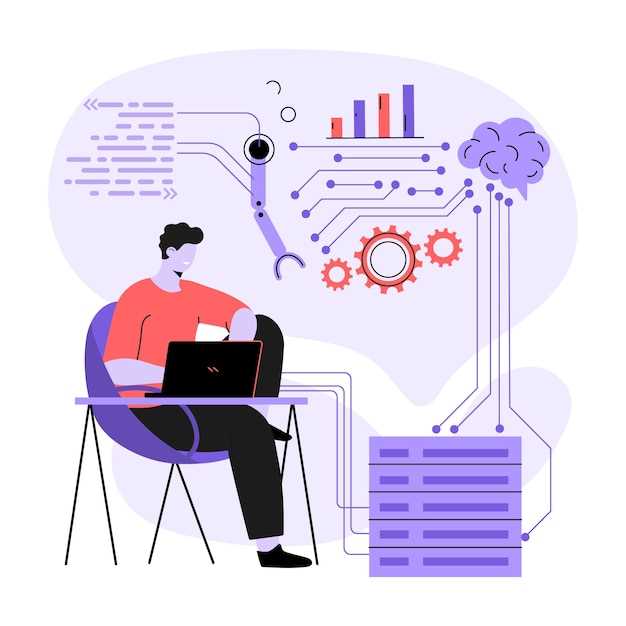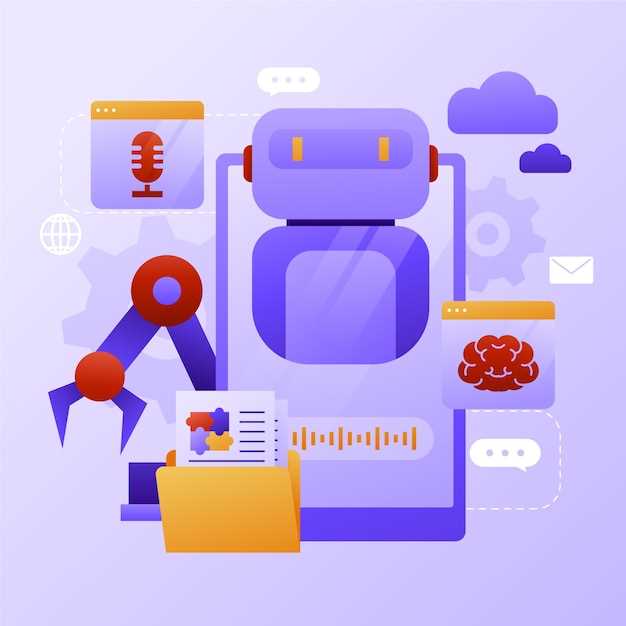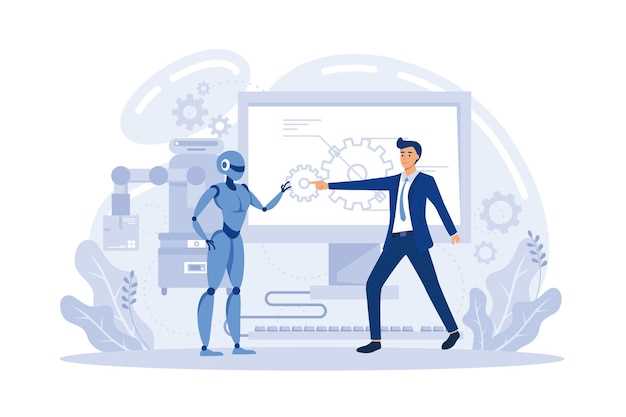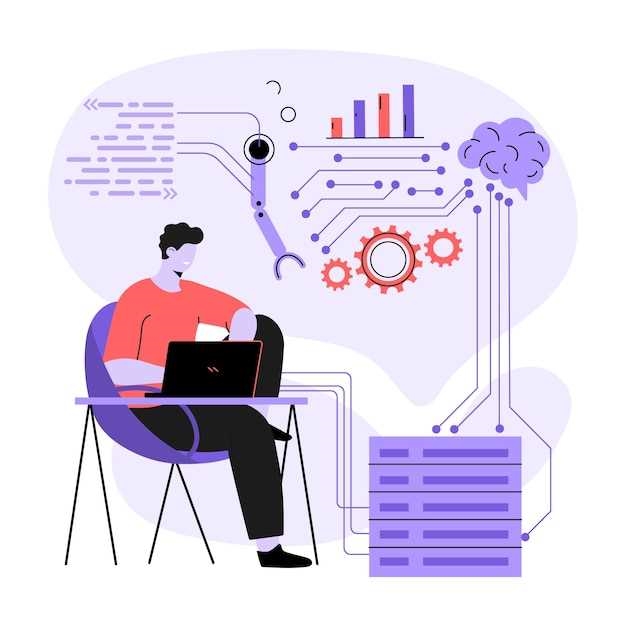
In modern-day business practices, there is a powerful force driving change and innovation, revolutionizing the way companies operate and strategize their activities. This technological advancement has the ability to revolutionize the landscape of organizational functions, providing new possibilities and efficiencies that were previously unimaginable.
Leveraging cutting-edge technologies, this disruptive force has the potential to reshape traditional processes and redefine the way businesses conduct their affairs. By incorporating smart algorithms and machine learning capabilities, companies can optimize their workflows, enhance decision-making processes, and streamline operations to achieve unparalleled levels of performance and productivity.
The Impact of AI on Business Efficiency
AI technology has significantly enhanced the productivity and effectiveness of various organizational processes. By utilizing advanced algorithms and machine learning techniques, AI systems have revolutionized the way companies operate, streamlining tasks, optimizing workflows, and improving overall efficiency.
- Enhanced Decision-Making: AI-powered analytics provide businesses with valuable insights and data-driven recommendations, enabling more informed and strategic decision-making.
- Automated Processes: AI automates repetitive tasks, reducing human error and freeing up employees to focus on higher-value responsibilities.
- Personalized Customer Experiences: AI algorithms analyze customer data to deliver personalized recommendations and experiences, enhancing customer satisfaction and loyalty.
- Improved Operational Efficiency: AI optimizes resource allocation, predicts maintenance needs, and identifies areas for cost savings, leading to increased operational efficiency.
- Predictive Analysis: AI predicts future trends and outcomes based on historical data, empowering businesses to anticipate market changes and adapt their strategies proactively.
Overall, the integration of AI technologies into business operations has had a profound impact on efficiency, enabling companies to operate more effectively, make better decisions, and deliver superior services to customers.
Increasing automation and streamlining operations
In the fast-paced world of modern business, the continual drive for efficiency and optimization is paramount. With the advent of advanced technologies such as AI, organizations have the opportunity to enhance their processes through increased automation and the streamlining of operations.
The benefits of automation
Automation allows businesses to automate repetitive tasks, enabling employees to focus on more strategic and creative aspects of their work. By implementing AI-powered systems, companies can significantly reduce human error and increase productivity.
Streamlining operations for efficiency
Through the integration of AI solutions, organizations can streamline their operations by identifying bottlenecks, optimizing workflows, and making data-driven decisions. This not only improves efficiency but also enhances overall performance and competitiveness in the market.
Enhancing Customer Experience with AI
Revolutionizing Customer Interaction using Advanced Technology is a game-changer in driving positive customer engagement and loyalty. By incorporating cutting-edge AI solutions, businesses can elevate the overall customer experience to new heights, creating personalized interactions that leave a lasting impression.
The Power of Personalization
The ability of AI to analyze vast amounts of customer data and predict individual preferences allows companies to tailor their offerings in a way that resonates with each customer on a personal level. This level of personalization not only enhances customer satisfaction but also increases customer retention and loyalty.
Streamlining Customer Service
AI-powered chatbots and virtual assistants have revolutionized customer service by providing real-time support, answering queries, and resolving issues promptly. This automation not only frees up human agents to focus on more complex tasks but also ensures that customers receive quick and efficient assistance round the clock.
Personalized interactions and improved satisfaction rates

Enhancing individual engagements and boosting contentment levels are pivotal aspects of leveraging cutting-edge technology to elevate company performance. By tailoring interactions to meet the unique needs and preferences of customers, organizations can foster stronger relationships and enhance overall satisfaction levels. This personalized approach not only enhances customer loyalty but also drives business growth by providing a seamless and tailored experience.
Customized communication

Customizing communication through advanced algorithms and data analytics enables businesses to deliver relevant and timely messages to their target audience. By segmenting customers based on their behaviors, preferences, and purchase history, companies can create personalized marketing campaigns that resonate with individual interests. This targeted approach increases engagement levels and drives conversion rates, resulting in a more satisfied customer base.
Enhanced customer experience
Utilizing artificial intelligence to analyze customer feedback and online interactions allows organizations to identify pain points and areas for improvement in real-time. By proactively addressing customer concerns and providing personalized solutions, businesses can deliver a superior customer experience that exceeds expectations. This focus on continuous improvement and personalized service not only enhances satisfaction rates but also strengthens brand reputation and fosters long-term customer loyalty.
| Benefits of Personalized Interactions |
|---|
| Increased customer engagement |
| Higher conversion rates |
| Improved customer retention |
Optimizing Decision-Making Processes through AI
In the realm of business strategy, maximizing the efficiency and effectiveness of decision-making processes is crucial for achieving success and staying ahead of the competition. By integrating advanced technologies like artificial intelligence (AI), organizations can streamline their decision-making processes, enhance data analysis capabilities, and ultimately drive more informed and strategic choices.
The Role of AI in Enhancing Decision-Making
AI technologies enable businesses to analyze vast amounts of data in real-time, identify patterns and trends, and generate valuable insights to support decision-making. By leveraging machine learning algorithms and predictive analytics, organizations can make data-driven decisions faster and with greater accuracy, minimizing the risks associated with human error and bias.
Benefits of AI-driven Decision-Making
By harnessing the power of AI, businesses can optimize their decision-making processes in various ways, such as automating routine tasks, improving forecasting accuracy, and personalizing customer experiences. Additionally, AI-driven decision-making can lead to increased operational efficiency, cost savings, and a competitive edge in the market.
